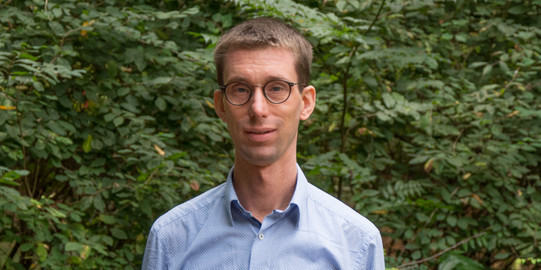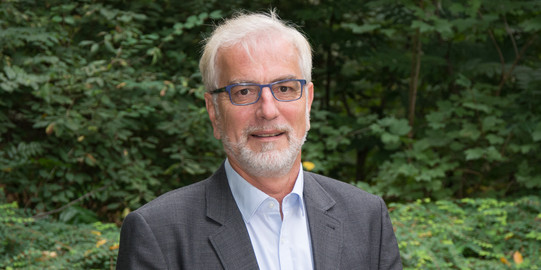RisCSIM
Mixed modes of governance as a means of risk management in complex systems: an empirical study using computer simulation
Duration: 15 July 2012 –14 July 2015
Objectives of the project
The research project, using computer simulation, aims at studying what is the impact of the mode of governance on the safety performance of a complex system. It shall help to achieve a better understanding of a “third mode” of governance and intends to analyze to what extent this “third mode” helps to manage complex systems such as air transportation, energy systems or road transportation and especially to control the risks that are inherent to them.
As the outlook of previous research in the field shows, there has already been a lot of theoretical work as well as case studies in both fields: complexity and governance (Holland 2006; Sawyer 2005; Resnick 1995; Greve/Schnabel 2011; Schneider/Bauer 2009). However, an empirical investigation of the governance of complex systems still is lacking. The project thus will investigate this issue empirically, by using agent-based modeling and simulation (ABMS) of complex systems.
RisCSIM macro-level view: Visualizing emergent complexity based on
agents‘ interactions
At the TU Dortmund University, a new methodology of agent based modeling and simulation (ABMS) of complex systems (at the macro level) that takes into account the decision making of strategic actors at the micro level is applied. The project involves the development of a computer simulation prototype applied to a transportation system (as an example) allowing testing of the effect of “real time participation” of users and stakeholders at different levels on the safety performance of the complex system. This should help to answer the following question: which mode of governance is better suited to manage and control risks in complex sociotechnical systems? The simulation may help managers of complex systems to improve their understanding of the dynamics of these systems and develop new ideas as well as new tools to control risks and increase safety performance. It might be used by risk managers as a decision-making or a training tool.
To prevent breakdowns of complex sociotechnical systems, measures have to be found to manage and control them. These complex sociotechnical systems can be managed in different ways: a hierarchical mode of governance, which allows top-down planning in advance, may neglect the particular interests of individual users, participants and/or stakeholders, whereas smart governance e.g. self-organization may enable users and interest groups to participate in shaping the design as well as influencing the everyday practice of the system. The “third mode” of governance combines features of hierarchical control and decentralized coordination that allows users to negotiate solutions at a local level. The hypothesis of the project is: the safety performance of a complex system may be increased by a mixed mode of governance, which combines features of hierarchical control and decentralized coordination that allows users to negotiate solutions at a local level.
Methodology
To design realistic scenarios and micro-calibrate the model interviews with users, participants, stakeholders, operators, and managers will be conducted. This will furthermore help to identify critical or even risky issues based on interviewees’ experiences from practice.
An agent-based simulation model of complex networked, sociotechnical systems will be implemented, which combines aspects of governance theory, sociological theory of action and complexity theory. Afterwards, experiments with different realistic (see above) scenarios will be conducted to measure risk and performance values subject to user participation and the mode of governance. The experiments will be either purely simulative or conducted with real people. The subjects will be students for the pre-tests and people from organizations in the fields of air and road transportation.
Contact

Fabian Adelt





![[Translate to English:] [Translate to English:]](/storages/zentraler_bilderpool/_processed_/a/f/csm_Kontakt_b86e8d8ecc.png)
![[Translate to English:] [Translate to English:]](/storages/sfs-sowi/_processed_/6/c/csm_Glasfront_sfs_Header_eae6d325d3.jpg)